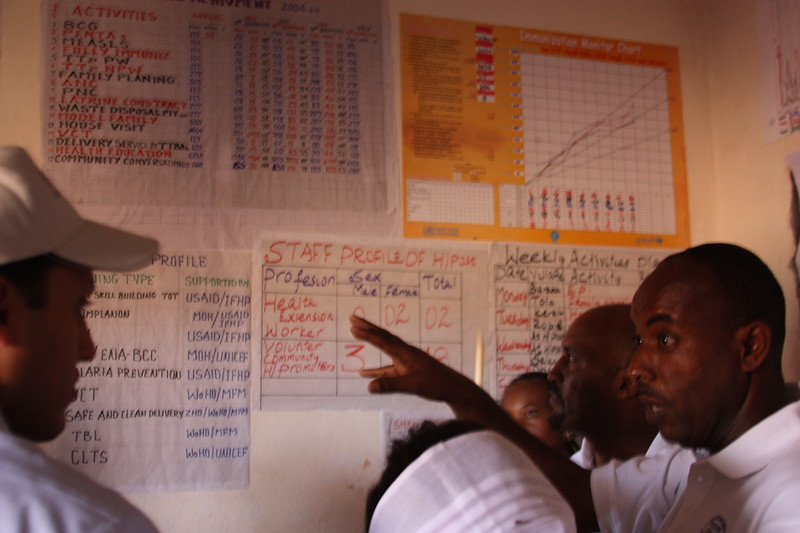After reading recent articles about e-cigarettes in The New York Times and BusinessWeek, I find myself thinking about medical researchers who watch flu viruses mutate into more deadly or infectious strains... because that’s exactly what tobacco companies are doing with e-cigarettes.
Big Tobacco knows how to mutate …
For the last 25 years, tobacco companies have been on the defensive in rich countries that banned advertising and successfully made killing oneself with an addictive toxic substance less “cool.” Instead, they laid low in the US (relatively speaking) and aimed at hooking the majority of the world living in low- and middle-income countries on tobacco – places where there was plenty of room to expand markets in the face of generally weak government resistance.
But like any organism that wants to survive and thrive, Big Tobacco continues to probe new niches and try new strategies. They have time and money on their side. And now, here is their new adaptive “trait”: a nicotine-delivery instrument that allows them to claim they are providing a healthful alternative to the combustible tobacco that delivers numerous carcinogens directly to people’s lungs. How convenient that it also has so little regulation that they can go back to convincing young people that it is cool and elegant to be addicted to a device that makes other people rich!
According to The New York Times, “Stephanie Cordisco, the president of R. J. Reynolds Vapor Company, a Reynolds American subsidiary, said the company was going down a new path with e-cigarettes, with an eye to public health.” In the article Cordisco maintains that her company is being responsible in its advertising while others are not. But I’ll give her the benefit of the doubt to say that she doesn’t recognize she’s just part of the evolutionary game of hide-and-seek. “Good” companies will simply fool society’s immune response long enough to let the rest of the tobacco world continue the epidemic caused by its deadly products.
It isn’t surprising. Evolution spawns many examples of lethal predatory organisms which mimic harmless creatures to gain access to their prey. And this is exactly the nub of the problem with tobacco – it is a legal-but-toxic product.
… so society has to adapt its immune response
Societies need a category of products that distinguishes things that are legal-but-toxic from those that are legal-and-safe. It is unconscionable to provide trademark protections to a company that sells a product that leads to premature deaths of 50 percent of its long-term customers. If a U.S. agency can cancel protection for a sports team trademark because it disparages Native Americans, why can’t we cancel trademark protection for a deadly product? It makes no sense to allow tobacco companies to lobby against public health measures or sue countries trying to protect their citizens. Yet that is exactly what our laws and trade agreements do. If anything, global trade agreements are giving Big Tobacco even more opportunities to protect and expand their lethal trade.
As long as societies find it impractical to make cigarettes illegal (which I regret to say would probably create more problems than it would solve), Big Tobacco will take every opportunity to enjoy the legal protections provided to legal-and-safe products – including suing countries like Uruguay for insisting on large warning labels and lobbying No. 10 Downing Street to avoid advertising restrictions in the United Kingdom. Nicotine delivery devices give them an opportunity to reopen marketing in rich countries to children and young adults. It may be a coincidence that one e-cigarette is being marketed with the tagline “Let it Glow” on the heels of a Disney children’s film hit “Let it Go”, but does it matter? Santa Vape is already here! Public health advocates are responding in Philadelphia and Minnesota, but why should we have to battle so hard, city-by-city and state-by-state? Unless countries clearly delineate a “legal-but-toxic” category for tobacco and related nicotine products, Big Tobacco will exploit every niche it finds with consequences that can be found in every lung cancer ward and cardiology unit on the planet.
Thanks to Lauren Post and Lawrence MacDonald for feedback and links.
CGD blog posts reflect the views of the authors, drawing on prior research and experience in their areas of expertise.
CGD is a nonpartisan, independent organization and does not take institutional positions.






